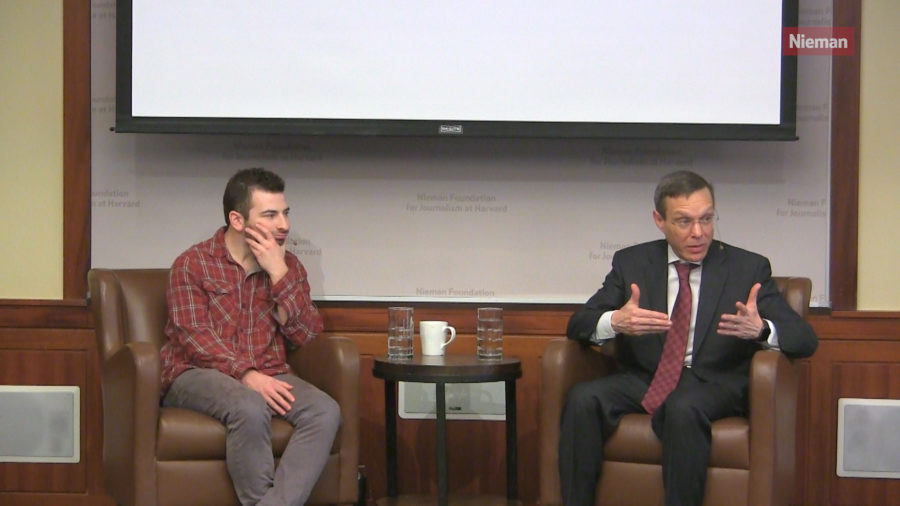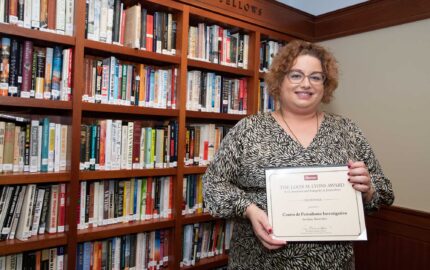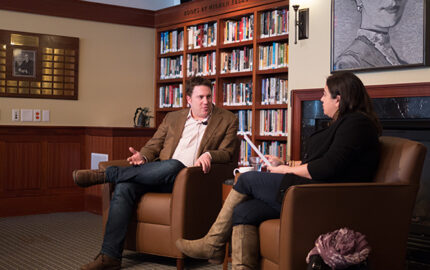Avi Loeb, chairman of the Harvard astronomy department and the author of hundreds of scientific papers, has been recognized for his work but nothing compares to the media attention he received for suggesting in 2018 that there may be an alien probe in our solar system. Loeb talked to fellows at the Nieman Foundation in the spring.
Avi Loeb, Harvard Astronomer on Alien Life, Thinking Big, and the Value of the Humanities



